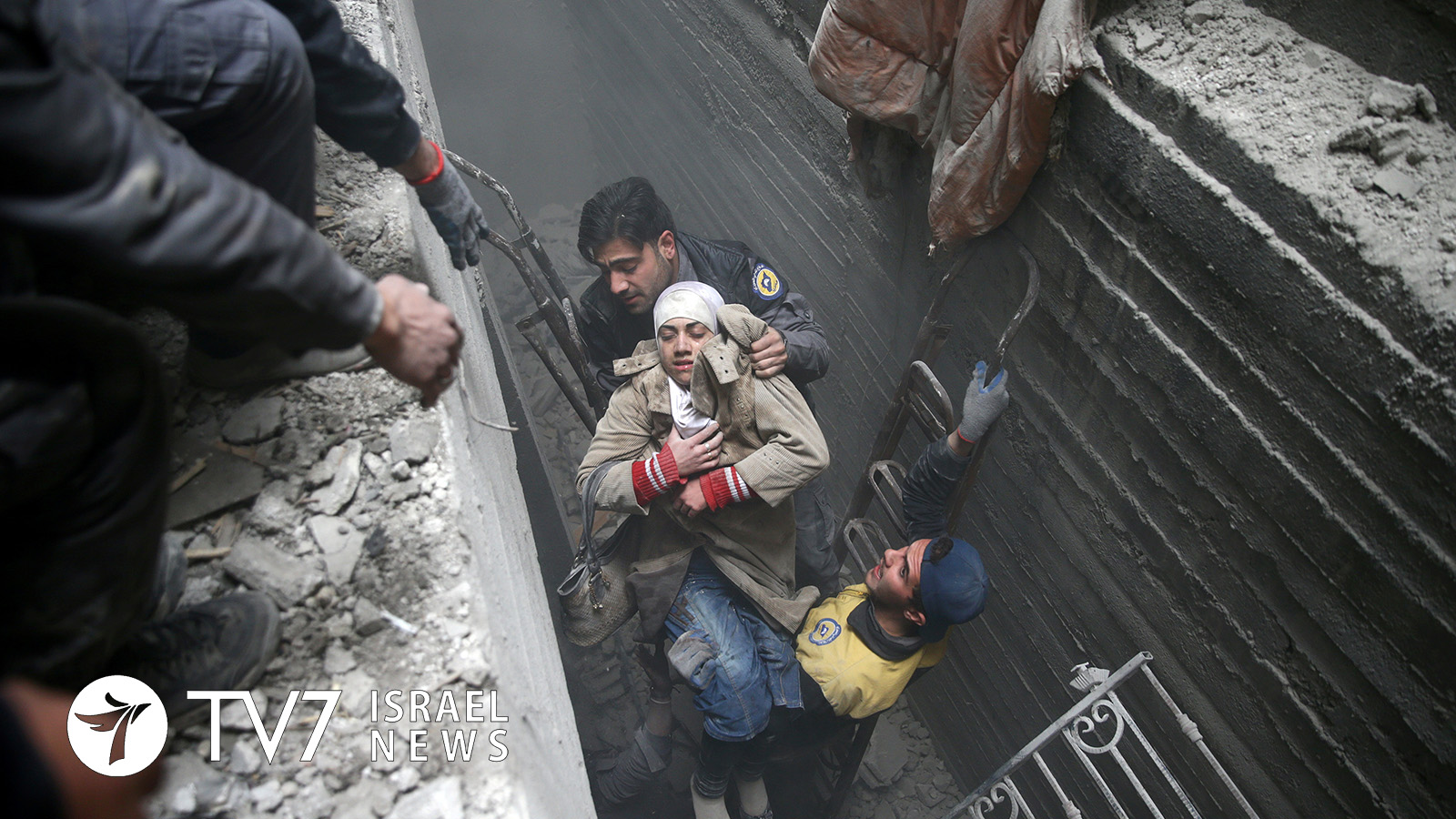Clashes between Syrian government forces and Islamist rebels have alarmed the West, primarily in the Eastern Ghouta district, which is located east of the capital Damascus. Government fighter-jets have pounded the rebel enclave for six days running, with more than 400 casualties reported since Sunday night. While Western powers called on Damascus and its allies to advance a ceasefire that would allow for humanitarian aid to reach the population in Eastern Ghouta; Russian Foreign Minister Sergei Lavrov noted Moscow’s concern about “the way humanitarian issues are being discussed,” stressing that while “it is hard to oppose a call to a ceasefire for the sake of civilians,” it was imperative to differentiate between civilian populations living in rebel-held districts and militants belonging to Islamist organizations that are targeting civilians themselves in government-held territories. “We are concerned about the way humanitarian issues are being discussed. To put it simply, it is hard to oppose a call to a ceasefire with the goal for civilians to take a breather, to supply humanitarian aid and medication and to offer assistance to people in a difficult situation,” Lavrov said.
At an emergency session of the United Nations Security Council, Syria’s ambassador to the world body declared that the Assad regime will not succumb to pressure from countries that support terrorists across the war-torn-country. Ambassador Ja’afari claimed that while the West was advocating humanitarian aid and ceasefires, it was actively pursuing to divide Syria. We will not succumb to those who have supported terrorism in Syria. We will not be complacent to the plans of the governments of five countries, five countries that met in Washington last month to divide Syria,” Ja’afari said.
The Russian ambassador to the United Nations also took the opportunity to accuse the West of trying to divide the war-torn-country. Ambassador Vassily Nebenzia stressed that it was time to engage in the spirit of constructive cooperation, in engagement with the U.N., to try and bring an end to the bloody conflict. “Russia will continue to do everything possible to achieve peace in Syria and to restore stability in the Middle Eastern region. We call upon our partners to engage in the same in the spirit of constructive cooperation, in engagement with the U.N., rather than continuing to create smoke screens and scaling up support for jihadists and severing the region into many, many parts,” Nebenzia said.
In response to the Russian statement, U.S. deputy ambassador to the United Nations Kelly Currie accused Moscow of hypocrisy in calling for an end to the Syria conflict on the one hand, while blocking any meaningful effort to so, on the other. “The Russian permanent representative also asked that we ‘come up with ways of getting out of this situation,’ yet it appears to be intent on blocking any meaningful effort to do so,” Currie said.
